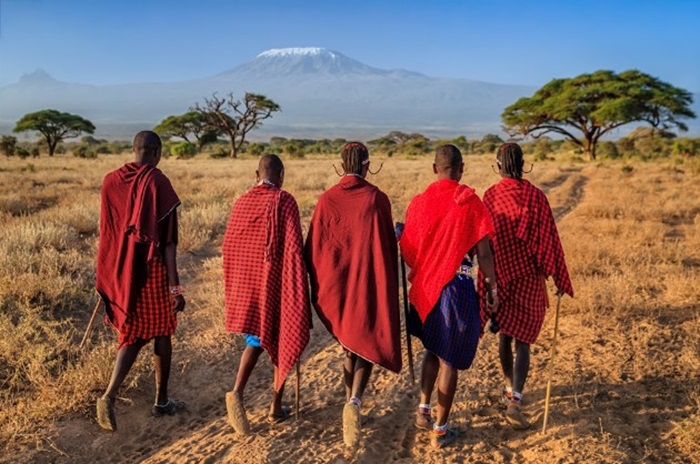Is there a secret to longevity? This health expert says 1,000% yes
In the era of social media, post-COVID, and with mental health at the forefront, a shift is taking […]

Tanzania’s conservation initiatives have been controversial in recent years, especially with relation to the rights and engagement of the Maasai people.
Regional Researcher for East Africa at Amnesty International, Roland Ebole, has shed light on the Tanzanian government’s conservation efforts and the impact on the Maasai communities.
According to Ebole the Maasai people were not consulted or given their informed permission before the government made decisions to evacuate them from a land they have stayed in for several years.
“The Tanzanian government has made decisions without involving the Maasai community, without pre-informed consent of the indigenous people in terms of relocating them from this land that they want to do conservation,” he said in an interview with Qonversations.
The latest occurrence happened in the Ngorongoro district—which is home to both the Longido and Ngorongoro divisions— with more than 100,000 indigenes served with an eviction notice by the government. According to Ebole, the Maasai community opposed the government’s plans for evacuation, which resulted in the area’s essential services being shut off in order to force cooperation.
Roland Ebole also recounted past instances of government crackdowns on Maasai gatherings and forced evictions, citing incidents in February and March this year.
He told Qonversations that, “We have seen similar forced evictions in Longido division…In 2022, hundreds of Maasais were brutally beaten and injured by security forces during a process where the Maasai community were resisting that kind of forced eviction.”
The relocation of thousands of Maasais—some of whom even fled to neighbouring Kenya to avoid persecution—was one of the most concerning effects of these evictions, according to the Amnesty researcher.
A 84-year-old man vanished during that period, he said.
Ebole expressed concerns about the government’s motivations, questioning whether the conservation initiatives were sincere or just a front for letting tourism enterprises abuse the reserve.
“It is unclear what the intention of the state is, whether it is a genuine conservation initiative or it is actually to set up business premises.”
“Conservation can go hand in hand with human rights…The state needs to involve the traditional and indigenous community with their indigenous knowledge, so that solutions can be found in a consultative way,” he argued.

In the era of social media, post-COVID, and with mental health at the forefront, a shift is taking […]

With its fast speeds and revolutionary potential, 5G stands out as a noteworthy milestone in the field of […]